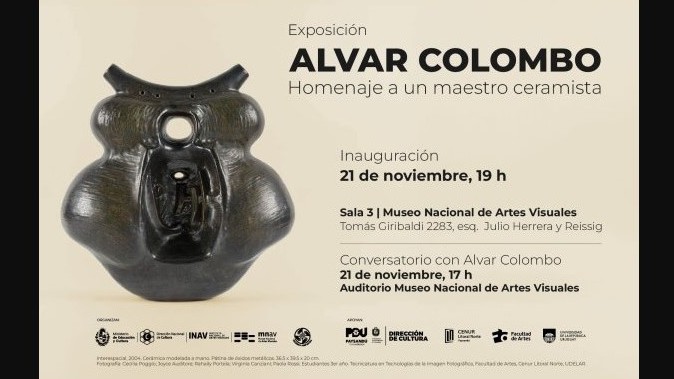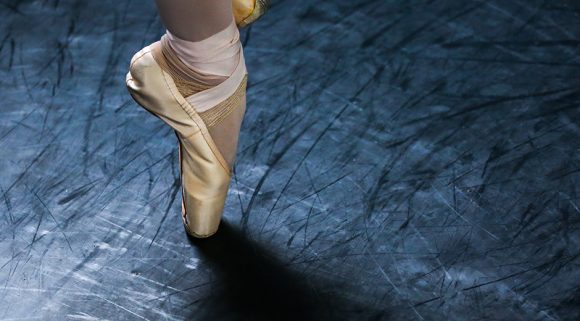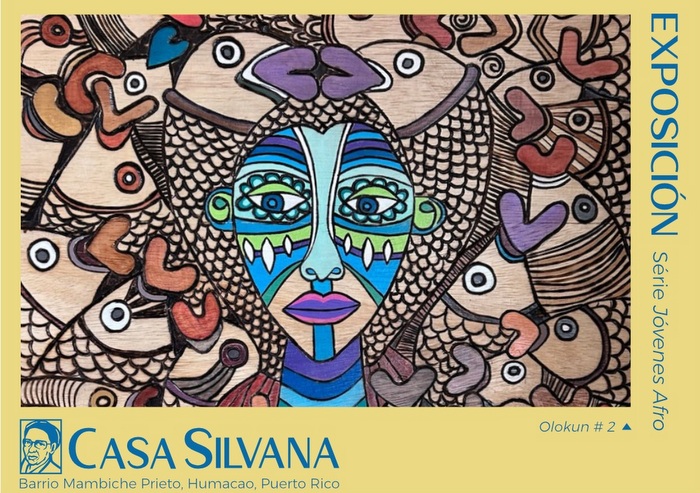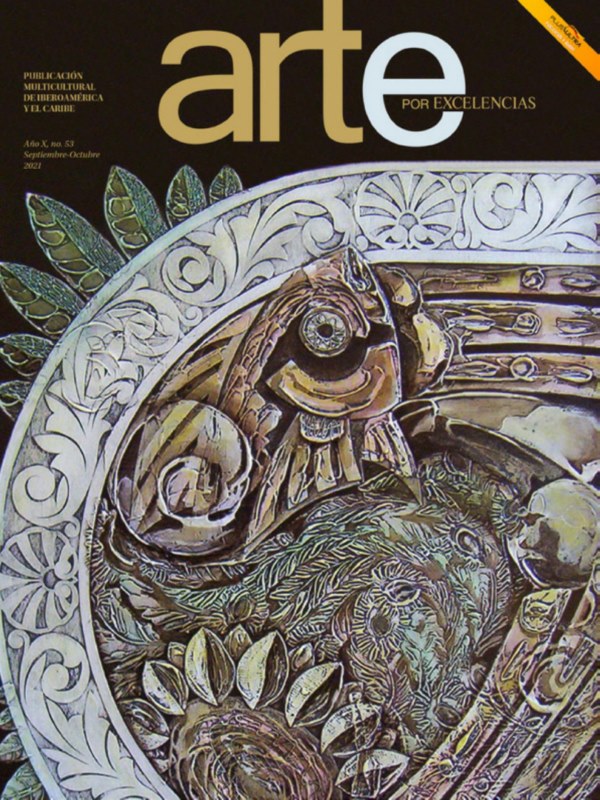
Aleksandr Deineka (1899-1969), one of the main figures from the Soviet realism, will play the leading role at the exhibition to be inaugurated on October 7 at Juan March Foundation, though not only his work will be show to viewers, as the exhibition does a temporal trip and includes different expressions of the art that accompanied attempts of radically transforming the reality. That’s why the exhibition includes works created by avant-garde artists such as Kazimir Malevich, Vladimir Tatlin or El Lissitzky; Liubov Popova, Aleksandr Rodchenko or Aleksei Gan; and other realists such as Kuzma Petrov-Vodkin, or Aleksandr Samojvalov, among others.
This retrospective exhibition includes over 80 oil paintings, complemented by pictures, audiovisuals, artwork on paper, children books, posters and magazines, up to 250 works, owned by Tretyakov State Gallery and San Petersburg Russian State Museum, as well as some provincial museums from Russia and a series of public and private collections from Spain, Europe and the US.
As for Deineka’s work, Una vanguardia para el proletariado includes pieces from his first incursions in avant-garde movements from the first decades of 20th century –linked to constructivism– to the practice of realism and figuration during the 1930s and 1940s. Soviet utopia is seen in his artworks from scenes with crowds and factories, metaphors of a new society.
 In 1985, Juan March Foundation organized the first exhibition on Russian avant-garde held in Spain. Afterwards, it showcased some individual exhibitions of outstanding figures such as Malevich (1993), Aleksandr Rodchenko (2001) or Liubov Popova (2004). Likewise, La Ilustracion total. Arte conceptual de Moscu, 1960-1990, was held in 2008 and gathered a series of Soviet artists whose work had the culture of Stalin times as reflection and practice object.
In 1985, Juan March Foundation organized the first exhibition on Russian avant-garde held in Spain. Afterwards, it showcased some individual exhibitions of outstanding figures such as Malevich (1993), Aleksandr Rodchenko (2001) or Liubov Popova (2004). Likewise, La Ilustracion total. Arte conceptual de Moscu, 1960-1990, was held in 2008 and gathered a series of Soviet artists whose work had the culture of Stalin times as reflection and practice object.
Stalin times are usually identify, in arts, with socialist realism, that has been negatively classified as kitsch propaganda, often from a relative ignorance of its formulas’ meaning (“national in shape and socialist in content”) and function and, furthermore, the relation with avant-garde movements that preceded it or other realism expressions developed in other countries. Such a complete retrospective turns out to be revealing, representing an age through Deineka.
Aleksandr Deineka is a master of monumental painting and easel, poster and illustrations. This exhibition, one of the most significant out of Russia and dedicated to his work after the pioneer display in Düsseldorf 1982 and the recently carried out in Rome, will be open for viewers through January 15, a012.
Juan March Foundation
Castello, 77- 28006 MADRID
Monday to Saturday: 11.00 - 20.00 hrs.
Sources: http://www.march.es/ Yahoo news
Publicaciones relacionadas
Maikel Dinza estrena su nuevo sencillo "La magia del corazón"
Noviembre 22, 2024
"Alvar Colombo: homenaje a un maestro ceramista" en el MNAV
Noviembre 20, 2024













